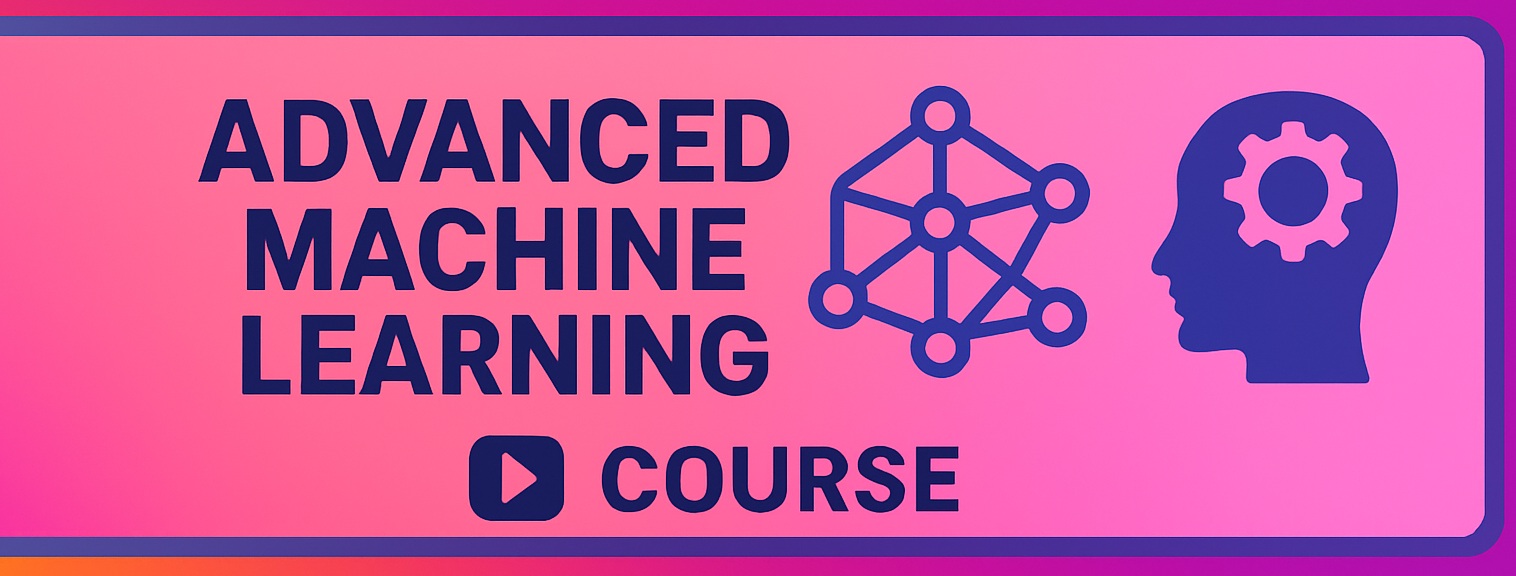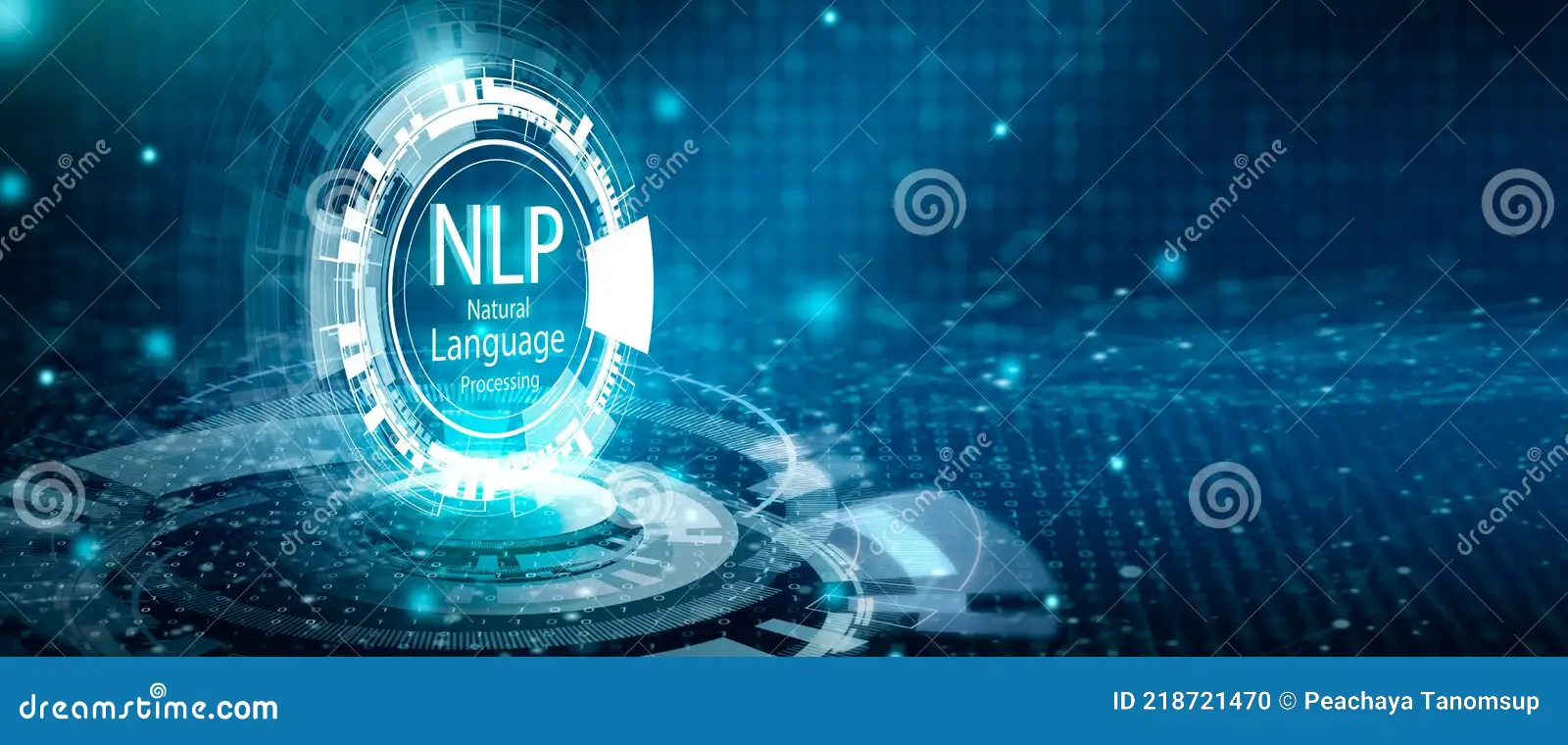
This comprehensive course provides an in-depth exploration of agile software development methodologies, focusing on their principles, values, and practical applications. By framing agile within the context of the Agile Manifesto, students will gain a solid understanding of its fundamental philosophy while comparing it to traditional software development approaches like Waterfall and Spiral.
Throughout the course, participants will delve into significant agile methodologies, including Scrum, Kanban, eXtreme Programming (XP), Feature-Driven Development (FDD), and Dynamic Systems Development Method (DSDM). Emphasis will be placed on real-world application through agile practices such as user stories, sprints, and ceremonies, including sprint planning and retrospectives.
Students will also investigate emerging trends in agility, such as DevOps and enterprise agility, and contemplate the broader implications of agility beyond software, encompassing business and research contexts. Through hands-on projects and case studies, participants will develop the skills necessary to implement agile practices effectively and pursue innovative research directions in the field.
- Teacher: Hussien Seid




